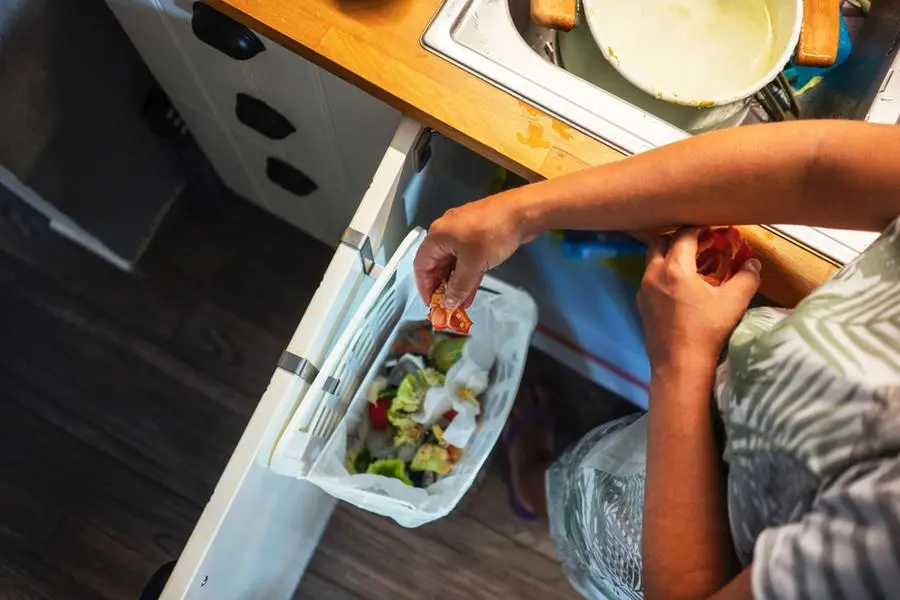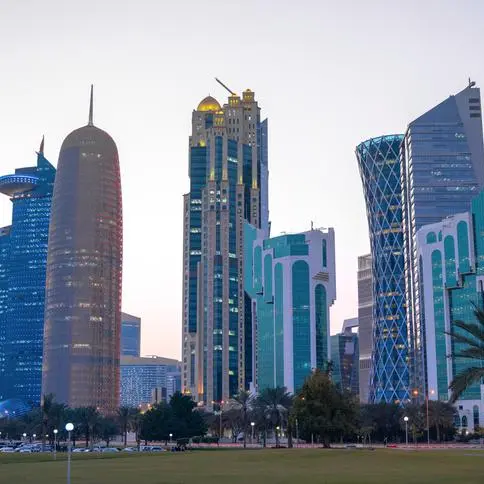PHOTO
Qatar - As part of their commitment towards sustainability, hoteliers and restaurants in Qatar have adopted strong and holistic food management strategies to ensure its minimisation, ethical utilization and eco-friendly disposal.
With reports from the UN Environment Programme showing that food waste increases by 25% - 50% in the region during festivities, hotels also implemented measures to minimise waste during the holy month of Ramadan and drive awareness around local sourcing and food waste.
Food Waste reduction is one of the UN Sustainable Development Goals, and Qatar is one of the countries that pledged to reduce its food waste. Food waste makes up around 60 percent of the urban solid waste in Qatar and is considered one of the most pressing environmental problems as it ends up occupying significant space in already overwhelmed landfills.
Much like other luxury hotels, the Mandarin Oriental Doha located in Msheireb Downtown manages a high volume of food service operations. However, the Mandarin Oriental Doha in line with its commitment to its sustainability goals has planned to thoughtfully address the property’s food waste and has implemented effective interventions.
“Mandarin Oriental, Doha uses Msheireb Downtown Doha’s centralised ‘ENVAC’ system which is an Automated Waste Collection System used for segregating waste within the city. The process starts with segregating all hotel waste by general waste and organic/compostable waste by using segregation bins in the hotel operations,” the hotel’s General Manager, Martin Schnider told The Peninsula.
“The waste is then measured, then segregated in the ENVAC system which is then recycled according to the type of waste. Waste is also segregated in our waste collection unit in the hotel,” he added. The most common food waste is organic, predominantly vegetables and fruits, and bi-products of organic food such as peels of watermelon.
Mandarin Oriental, Doha also implemented specific guidelines to reduce food wastage during the holy month of Ramadan and it has resulted positively.
“The hotel monitors its food production on a daily basis, this allows us to identify particular foods that would require changing in serving size. Waste is measured daily which will help with planning for food production the next day,” said Schnider.
According to him, proper planning has lowered food waste and reduced expenses for the hotel.
The foremost steps to reduce food wastage are behavioural change, increased public awareness, strong legislation, food banks, recycling facilities (composting and biogas plants) and community participation.
Also, sensitization campaigns are required to compel people to adopt food waste minimisation practices and implement sustainable lifestyles. As part of Hilton’s Green Ramadan, a partnership with the United Nations Environment Programme (UNEP) West Asia, Winnow and Goumbook – the Bywater Restaurant at Waldorf Astoria Lusail Doha served locally sourced produce from the Al Wabra Farm, showcasing a meticulously crafted menu that plays an active role in reducing food-related emissions.
The partnership also allowed for digitally-led tracking of food waste throughout Ramadan. In doing so, Hilton gathered data to predict future procurement and production needs while also minimising its long-term environmental impact.
Vice-President, F&B Strategy and Development, Europe Middle East Africa, Hilton, Emma Banks said earlier “We hope that Hilton’s Green Ramadan initiative will set the standard for years to come by encouraging local food sourcing and reducing food waste.”
The food policy at Nando’s Qatar is a manifesto that covers everything from sustainability to health and well-being, according to Vyanktesh Jaiswal, Chief Operating Officer, at Oryx Group for Food Services, which operates Nando’s in Qatar
“Food production planning is one of the most important functions of our operations. We work on the plan based on data about the peak hours, customer demand, and popular dishes at a given time of the day. We also prepare food in batches at different time slots of the day. This helps us in making right amount of food and minimises wastage,” he said.
Jaiswal also said that they have customized the menu with different portion sizes and encourages guests to order the right portions and to take away the leftover portions.
© Dar Al Sharq Press, Printing & Distribution. All Rights Reserved. Provided by SyndiGate Media Inc. (Syndigate.info).





















